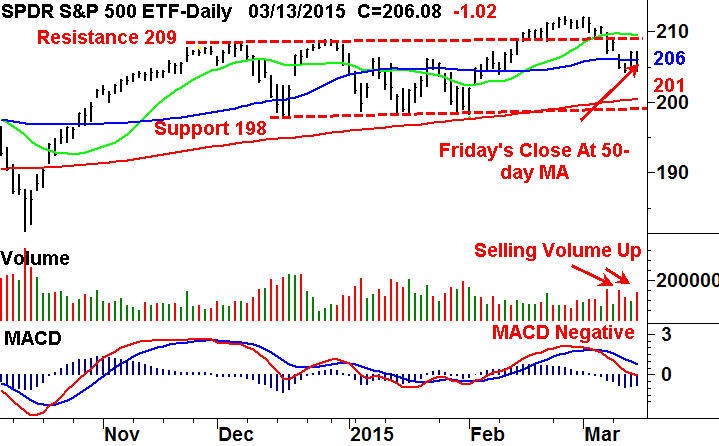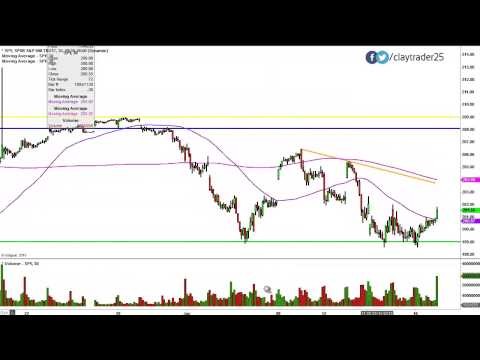Dow Jones Industrial Average SPDR S&P 500 ETF Trust Higher Interest Rates Don t Cause A Stock
Post on: 20 Апрель, 2015 No Comment

Have you ever wondered how billionaires continue to get RICHER, while the rest of the world is struggling?
I study billionaires for a living. To be more specific, I study how these investors generate such huge and consistent profits in the stock markets — year-in and year-out.
CLICK HERE to get your Free E-Book, “The Little Black Book Of Billionaires Secrets”
We know an interest rate hike is coming – its just a matter of how soon.
And its a big deal because its been decades since this has happened.
In fact, as Money Morning Chief Investment Strategist Keith Fitz-Gerald – a seasoned market analyst and professional trader – told readers Sept. 25. we are about to enter a rising interest rate environment for the first time in 33 years.
Heres what Fitz-Gerald says an interest-rate hike means for the markets…
Higher Interest Rates Dont Cause a Stock Market Decline
Many analysts will say that a return to higher rates will shock the economy and cause the stock market to plunge.
Just take a look at some of these October headlines on the subject: How Low Will Stocks Go from the Wall Street Journal ; Fasten the Seat Belts on Stocks from The Boston Globe ; and Warren Buffett Says High Interest Rates Make Stocks Worthless from Dallas News. to name a few.
Fitz-Gerald also expects the stock market to contract – but not for the reasons everyone thinks.
As widespread as the belief of an inevitable stock market correction is, it actually belies history, Fitz-Gerald said.
A September 2013 study by Rob Brown of United Capital Financial Advisors illustrates this. Brown found that historically, rising interest rates havent necessarily caused stock prices to drop.

In his research, Brown looked at stock performance in 12-month periods since 1920 when interest rates had gone up the most. He left out periods during recessions to make the study more applicable to current economic expansion.
Brown found that stocks declined in only three out of the 16 periods of rising interest rates. Whats more, the average return for the S&P 500 when rates climbed the most was 12.62% – slightly higher than the 12% return for all periods.
Additionally, since1971 there have been seven periods when the Fed has raised rates. In each of those, the markets actually gained an average of 19.21%.
You could easily make the argument that capital is accelerating, Fitz-Gerald explained.
Unfortunately, Fitz-Gerald believes that this time around, were in special circumstances that are going to cause the stock market to drop once interest rates rise – but thats because of the Feds quantitative easing (QE) program.
You see, the Fed has been buying billions in bonds since 2008. Its easy money policy was supposed to prod Americans to spend and invest more money. That would stimulate the struggling economy.














